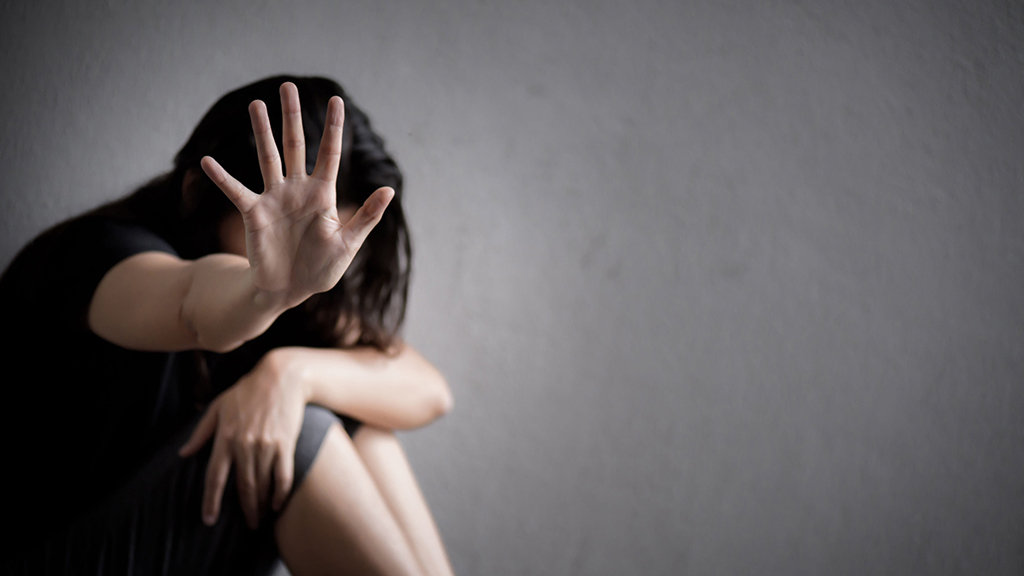By Majd Othman
KUWAIT: “I was sexually harassed when I was 14 years old by a random guy in the street. I was very scared to tell my parents, as I was afraid to be shamed or blamed due to my impulsive attitude. Twenty years later, I survived a rape attempt by a random worker, who stalked me to my home and attacked me. Again, I couldn’t submit a formal complaint because there was no proof of what happened to me. But after that, my life has changed forever,” a 34-year-old female survivor told Kuwait Times.
“I became more sensitive to girls who are harassed, and know that no one can understand the feeling of a girl or woman violated by a psychotic who let his instincts control him and attacks women on the street or workplace or follows them home,” she said. “Most harassers know that women are scared their communities will blame them for their behavior, clothes or other reasons, and that’s what encourages harassers to continue their acts and become more dangerous,” she added.
 KUWAIT: Women’s rights activist Niveen Maraafi explains from a legal point of view why many girls don’t take the initiative to report a harasser.
KUWAIT: Women’s rights activist Niveen Maraafi explains from a legal point of view why many girls don’t take the initiative to report a harasser.“But some parents support their daughters, encouraging them to not be embarrassed, be brave and face their attackers. But the increasing brutality of harassers has made women and girls scared to take any action to defend themselves from a crazy psycho,” she pointed out. This woman is one among many girls who couldn’t speak about their suffering and kept what happened within themselves due to many reasons. Lawyer and women’s rights activist Niveen Maraafi explained from a legal point of view why many girls don’t take the initiative to report a harasser.
Evidence hard to establish
“Sexual harassment cases or any type of harassment in the Kuwaiti law should be linked to another felony such as threatening or blackmailing, otherwise it will be a crime of incitement to immorality. The problem of this kind of crime is that it cannot be proven, so it is hard for many women to prove the incident,” she said. “For example, if a girl is harassed in the street but has no proof of the attack, she cannot file a complaint despite it being a crime. The law depends on evidence, and without it, any case cannot be confirmed. This is why many girls do not file a case against their harassers,” Maraafi added.
“We have called on the government several times to install cameras all over the country that record voice and video, which can safeguard everyone’s rights. If women are exposed to any kind of harassment, they can prove what happened. This will also help reduce crimes that are increasing dramatically in the country, not to mention crimes and violence against women,” she pointed out.
Maraafi called for toughening punishment towards harassers by the government to ensure women’s safety. “It is not reasonable that women are regularly exposed to car accidents due to stalkers who follow them on the streets and cause them great mental and physical harm just to talk to them. Cameras should be widespread in streets, walkways and all other places,” she said.
“Toughening punishment also requires setting a law in light of social violence that protects all those affected, whether men or women. Since women are more exposed to harassment, this law should protect them. We are in the need of a legislation that criminalizes harassment, in addition to toughing punishments,” Maraafi said, adding that due to the inability to prove harassment, abused girls, women and children are badly affected.
Harassment cases on the rise
“Unfortunately, sexual harassment and cases filed against harassers are increasing. The situation needs quick action to rescue other women from these monsters, but a lack of laws does not stand for women,” she said. Maraafi explained many female victims prefer silence to filing a complaint because trial sessions are not confidential, fearing a scandal in their communities, who do not often believe them, especially single women.










